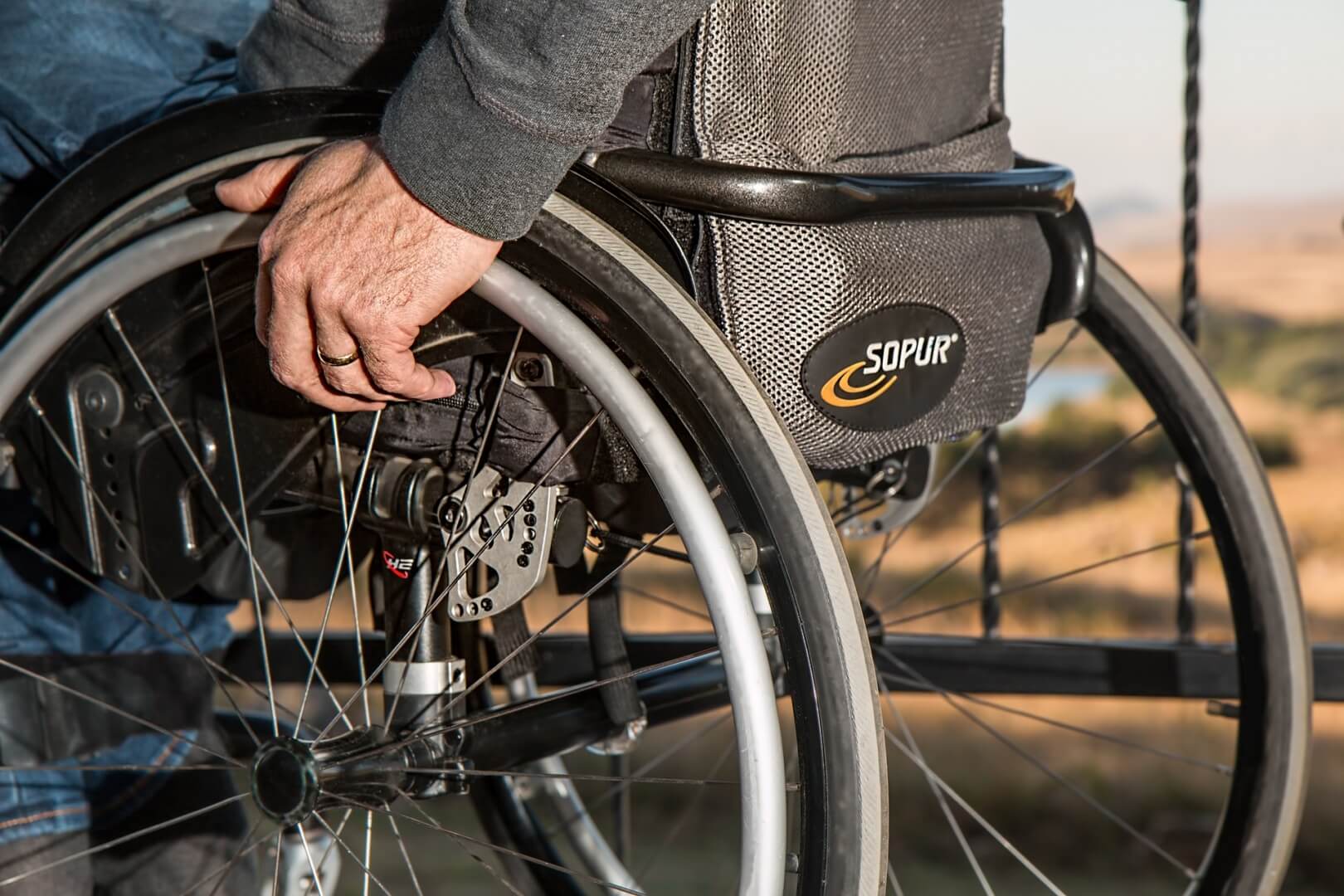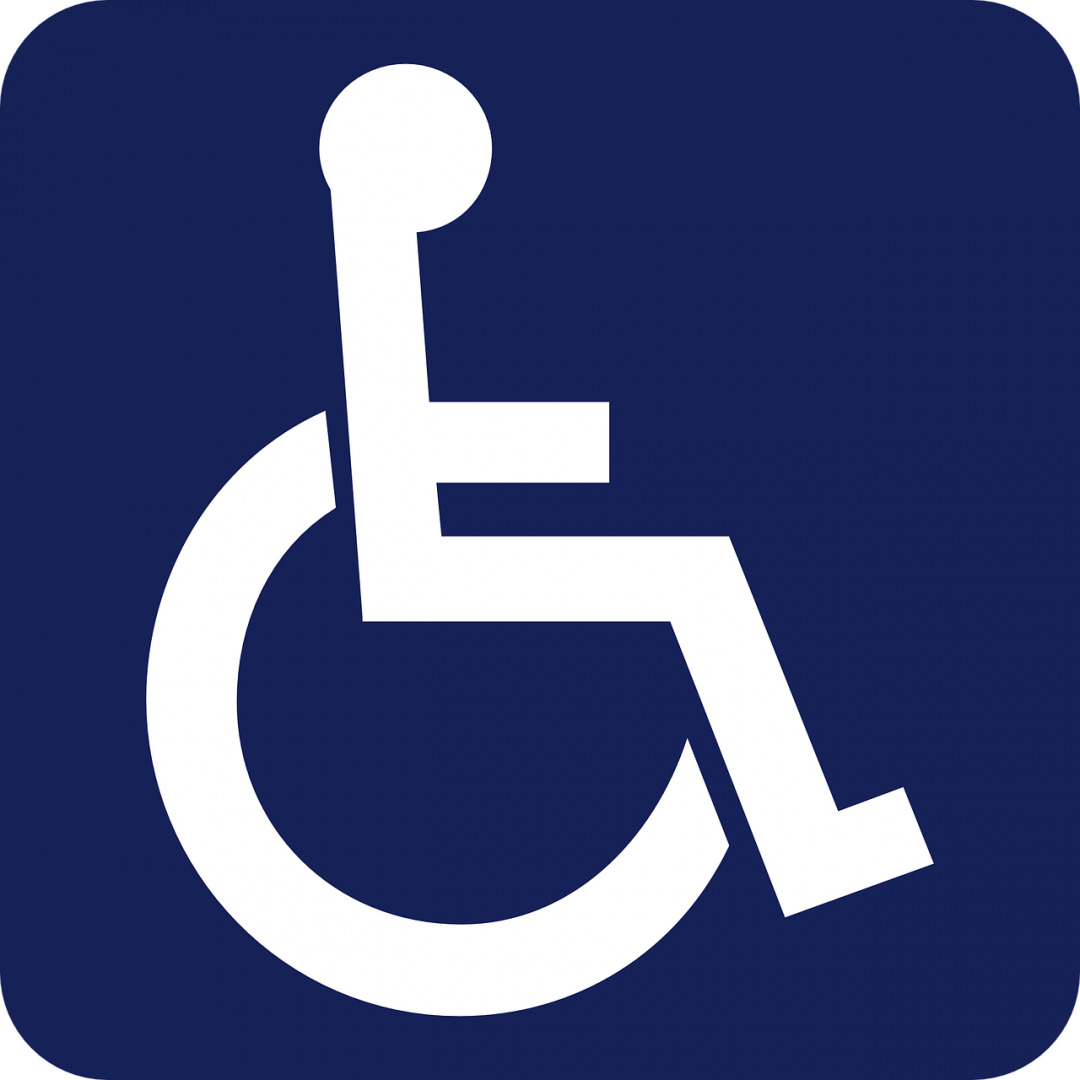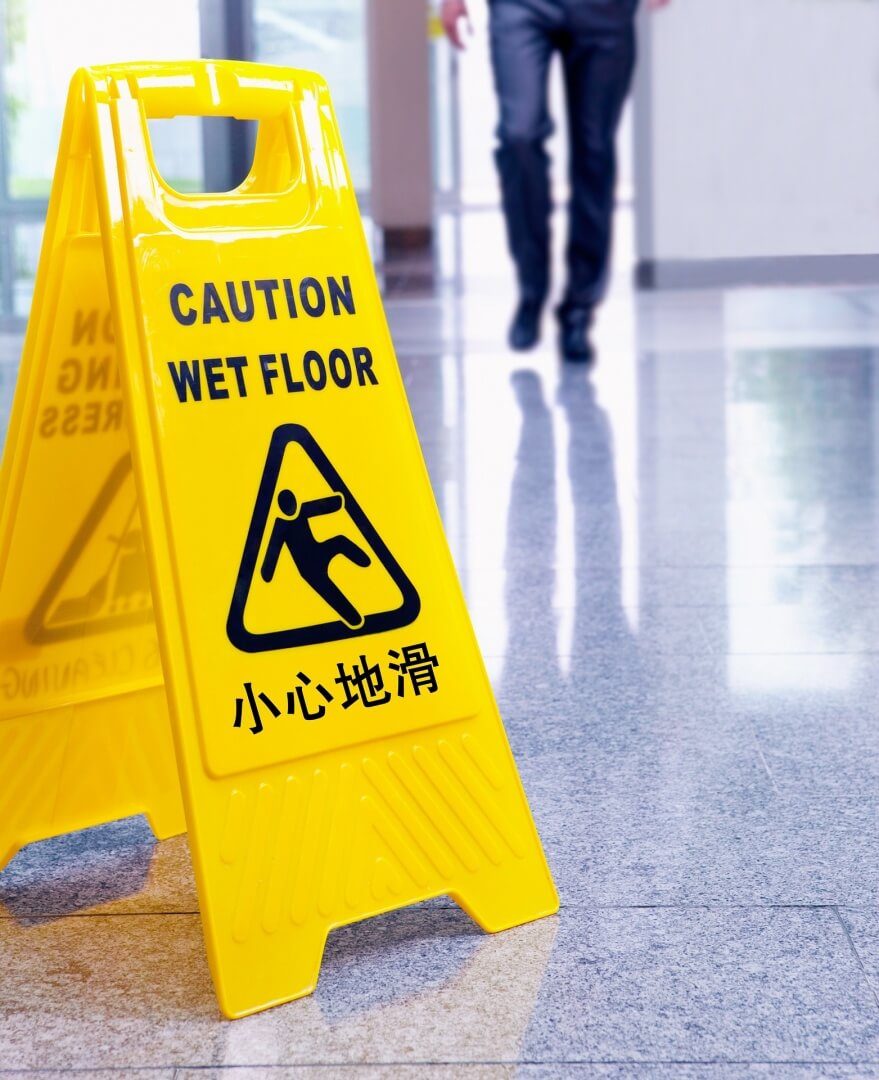Need Immediate help? Call 717-397-1010
After Hours Call / Text 717-471-2168
Need Immediate help? Call 717-397-1010
After Hours Call / Text 717-471-2168

When a person is injured in an accident, in most cases their injuries are covered by their insurance company. In instances where the accident is determined to have been the legal responsibility of another person, then that other person’s insurance company generally pays the expenses. In all cases, as consumers, we rely upon the insurance companies from whom we buy our policies to honor their contracts and to act in good faith, and when they fail to do so they can be accused of acting in bad faith, and a tort action can be pursued against them.
When it comes to being able to tell whether your insurance company is negotiating in bad faith in reference to third-party claims, it is important to understand what the insurance company’s responsibility is. They are expected to argue against their policy holder’s liability and cover the legal costs of doing so, and they are expected to pay whatever judgment is decided against the policyholder up to the limits of their policy’s coverage as long as the act is covered under the policy. An insurance company can be accused of negotiating in bad faith if it fails in either of its duties – by wrongly refusing to defend the policyholder in a lawsuit against them or by wrongly refusing to pay the judgment against the policyholder in a lawsuit for actions covered by the policy.
Every situation is different, but there are some common examples of insurance companies acting in bad faith in third-party claims. One is by creating an undue delay in the handling of a claim or by conducting a subpar investigation of the details of the claim. Another example of bad faith is refusing to defend a lawsuit or to make a reasonable settlement offer, unreasonably interpreting the coverage in a policy, or making threats against a policyholder. An insurance company that is found guilty of acting in bad faith can be assessed punitive damages as well as real damages.
When it comes to issues of workers’ compensation in Pennsylvania, an insurer can be accused of bad faith if they refuse to pay a claim filed by an injured worker without any arguably reasonable basis, and this is true whether it is denied by the employer’s workers’ compensation insurance carrier or the insurance company for a third party that has been named in a personal injury lawsuit related to the claim. As a Pennsylvania worker who has been injured on the job, you are entitled to compensation for your medical expenses, lost wages, and other damages that you’ve incurred. If your claim has been denied by an insurance company and you believe that they are acting in bad faith, you need an experienced law firm to act as your legal advocate and stand up for your rights. Contact the Lancaster law firm of Vanasse Law today to learn more about how we can help.

Some work-related injuries are relatively minor: they require medical attention, perhaps some rehabilitation, and maybe some time off of work for follow-up appointments. But there are also much more serious injuries that make it impossible for the injured worker to return to their job, whether temporarily or permanently. Though all injured workers are entitled to compensation for their medical expenses, as well as for lost wages, there are different classifications, definitions and limitations placed on injured Pennsylvania workers. At the Lancaster law firm of Vanasse Law, we are dedicated to making sure that you have you of the information that you need so that you can get the compensation that you deserve.
In addition to these benefits, there are specific loss benefits available for those who have suffered particular injuries that lead to the loss of use of a body part. These benefits are strictly prescribed based upon the loss that is suffered. There are also benefits for loss of hearing, loss of a finger in a work-related accident, scars and marks to the head, face and neck above the collarbone, and more. You do not have to be kept from work by these losses to qualify for the benefit.
Pennsylvania’s workers’ compensation disability benefits can be difficult to understand and the system can be a challenge to navigate. If you need answers regarding what you are entitled to, contact the experienced workers’ compensation law firm of Vanasse Law today.

Having a job and going to work each day are closely tied in to an individual’s sense of self-worth. That’s why people work so hard to get the training and education that they need for their desired occupation and why they strive to do well, accomplishing goals and making their employers happy. When a dedicated employee is hurt on the job and unable to perform their work responsibilities, it does more than impact the company’s productivity – it also can lead to depression and a fear that somebody else will take their place. Slip and fall accidents are among the most common types of employee injuries, and they can lead to long-term disabilities. Good maintenance practices can prevent slip and fall accidents at work, keeping employees happy and healthy. The attorneys at the Lancaster law firm of Vanasse Law are proud to provide employers and employees alike some tips on how to minimize accidents from happening.
Most slip and fall accidents are a result of unstable floors, or flooring where the employee loses traction or trips over something. Examples include:
Employers that want to minimize employee slip and fall accidents at work should pay attention to basic housekeeping, planning ahead for weather-related hazards and assigning responsibility for clean-up. This means that employees may be given the task of cleaning up after the weather, themselves, or others in order to prevent an injury from happening. Responsible employers will implement a program that automatically ensures that walking surfaces are frequently inspected for water, ice, debris or other hazards. The program should include the installation of safety-minded devices such as “wet floor” signs, moisture-absorbent mats with beveled edges, and anti-skid adhesive tape.
Additional steps can include careful inspection of all work areas for hazards such as poor lighting, stairwells that are poorly lit or have uneven stairs or loose or absent handrails. Safety training that teaches employees to close cabinet drawers and to report broken fixtures and other potential risk factors immediately can also reduce the number of slip and fall injuries. Finally, where appropriate, the mandating of appropriate footwear can cut down on slip and fall injuries dramatically.
When an employee is hurt in a slip and fall accident at work, everybody suffers. The worker suffers pain and the emotional trauma of being away from the job that provides them with their sense of self-worth and the employer loses the skills and talent that the employee provides. It is always best to avoid injuries rather than to regret them later. If you have been injured in a slip and fall accident at work, contact the workers’ compensation attorneys at Vanasse Law today.